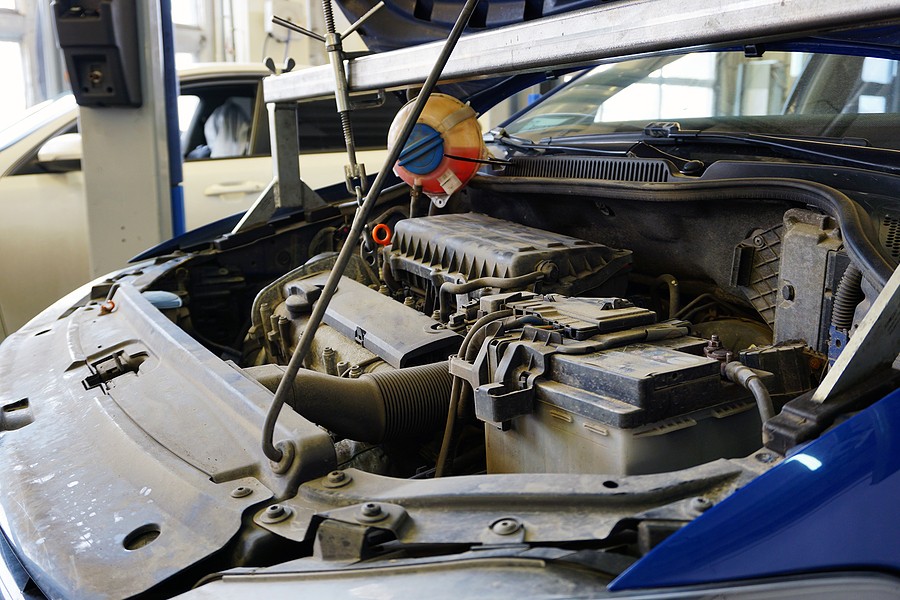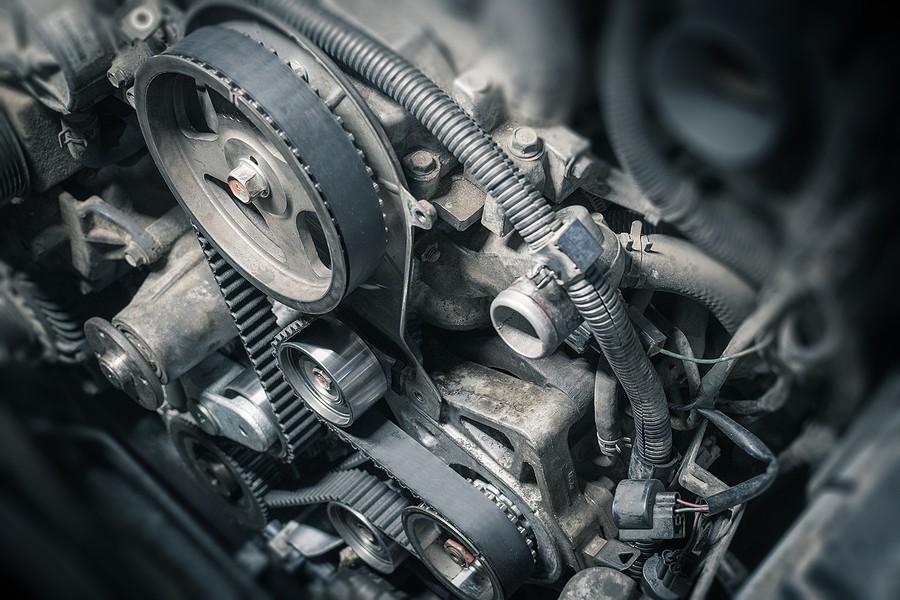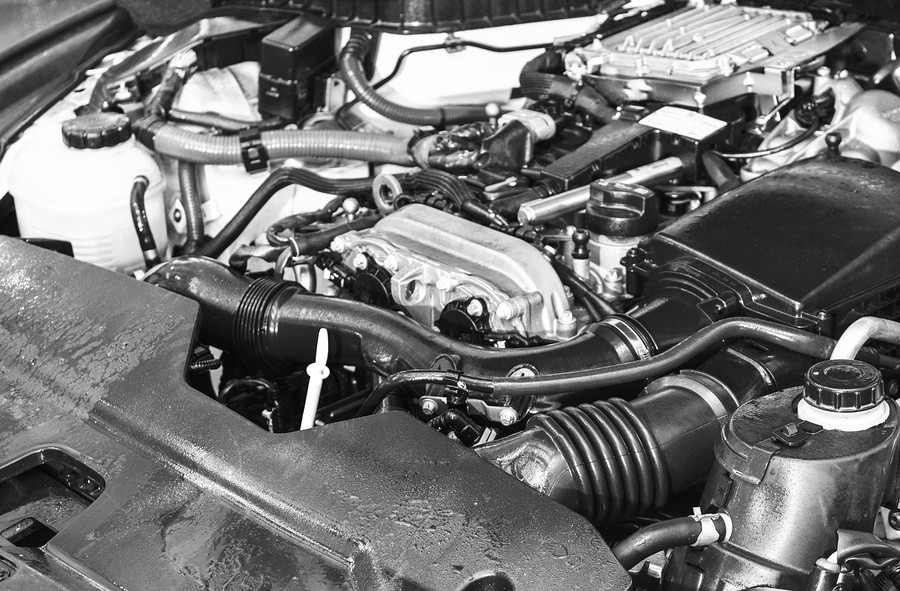Understanding the Turbocharger's Role
The Heart of Enhanced Performance The turbocharger in the 2018 Volkswagen Jetta isn't just an add-on component; it's an integral piece of engineering that bolsters engine performance. By cleverly harnessing exhaust gases to spin a turbine, it forces more air into the engine's combustion chambers. This action allows for a greater fuel burn and subsequently, a noticeable increase in power.
Efficiency and Environment Beyond the raw power, a turbocharger also contributes to better fuel efficiency and a reduction in harmful emissions. It's a nod to environmental responsibility without sacrificing performance.
Signs of Trouble Recognizing a malfunctioning turbo early can range from subtle signs like a slight loss of power to more obvious indicators like the engine management light turning on or an unusual siren-like noise during acceleration.

Common Turbocharger Issues in the 2018 Jetta
Oil Contamination and Turbo Health Clean engine oil is the turbo's lifeblood. Regularly changing the Jetta's oil using the quality and type recommended by Volkswagen can ward off many potential turbo issues. Neglected oil can turn into sludge, leading to clogs in the oil feed lines, and subsequently, premature turbo wear.
Seals, Smoke, and Symptoms Over time, the internal seals of the turbocharger can degrade. As these seals deteriorate, they might allow oil to seep into the exhaust system, producing a hallmark blue smoke, a clear warning sign of a turbo issue.
Debris Dangers Foreign object damage, although rare, can have catastrophic effects. Even minor debris can damage the delicate turbine blades, affecting performance and potentially leading to turbo failure.
Preventative Maintenance for Your Turbocharger
Routine Oil Checks Clean, high-grade oil ensures that the turbo is adequately lubricated, preventing excessive heat and wear. Routine oil changes are, therefore, pivotal.
Idle Time Benefits A simple yet effective practice: allowing the car to idle for a few minutes before and after drives. This practice ensures the turbocharger gradually reaches its operational temperature and cools down effectively afterward, prolonging its lifespan.
Professional Inspections Periodic checks by turbo-savvy professionals can help spot potential issues early. They can assess wear, ensure no debris presence, and validate the turbo's cooling and lubrication systems' functionality.

Addressing Turbocharger Failures
Spotting the Symptoms Increased fuel consumption, a lagging accelerator, or a decrease in the turbo's boost pressure all hint at potential problems. Being observant is key.
Professional Diagnosis It's essential to get a professional diagnosis. Expert mechanics, especially those familiar with Volkswagen systems, can provide a pinpoint diagnosis and the best course of action.
Replacement vs. Repair Sometimes the issue might be minor, requiring a component replacement within the turbo. But in severe cases, a full turbocharger replacement might be more cost-effective and reliable.
Turbocharger Upgrades and Aftermarket Options
Enhancing Performance For the performance aficionados, there's a world of aftermarket turbochargers to explore. These aren't just about increasing horsepower; many offer improved durability and even enhanced fuel efficiency.
Navigating the Market The aftermarket turbocharger world is vast. Proper research, understanding user reviews, and seeking expert opinions can guide one to make an informed choice.
Installation Importance The best turbocharger, if poorly installed, can underperform or even lead to issues. It's imperative to ensure professional installation to maximize the benefits and minimize potential problems.
The Interplay Between Turbocharger and Fuel Economy
The Balancing Act
The turbocharger, by design, aims to improve efficiency by forcing more air into the combustion chamber, allowing for a more potent fuel-air mixture. However, this doesn't always translate to better fuel economy. For those driving the 2018 Volkswagen Jetta with an aggressive foot, the turbocharger might encourage fuel consumption at a faster rate. It's vital to understand this balance to maximize fuel efficiency while still enjoying the benefits of a turbocharged engine.
Monitoring Your Mileage
Keeping an eye on your miles per gallon (MPG) can offer clues about potential turbocharger issues. A sudden drop in fuel efficiency might point towards a turbo malfunction, or other related components not operating at peak efficiency. Ensure you consider driving conditions, as aggressive acceleration or hilly terrains can naturally reduce MPG.
Optimizing for Fuel Efficiency
While the turbocharger can give a significant boost in power, using it judiciously can help maintain optimal fuel economy. Consider smoother accelerations and using cruise control on highways. Moreover, ensuring that the turbocharger is well-maintained will ensure it operates efficiently, benefiting both performance and fuel economy.
Effects of Temperature Extremes on Turbochargers
Cold Starts and Turbo Strain
During extremely cold conditions, the oil in your vehicle can thicken, which might delay its journey to the turbocharger upon ignition. The delay means the turbocharger might operate without optimal lubrication for a few moments, leading to increased wear over time. It's advisable to let the car idle for a short period during cold starts to ensure the turbocharger receives adequate lubrication.
High Temperatures and Turbo Longevity
While turbochargers are designed to handle heat (they operate in high-temperature environments), excessive heat can still lead to premature wear and even failure. Over-revving the engine, especially in already hot conditions, can push the turbocharger beyond its limits. Having a well-functioning cooling system and periodically checking the intercooler can help manage these temperature extremes.
Considering Seasonal Maintenance
Depending on where you live and the range of temperatures experienced, it might be beneficial to consider seasonal maintenance checks. This can ensure that your turbocharger is prepared for the unique challenges of both the winter cold and summer heat.

Understanding Turbo Lag in the 2018 Jetta
Defining Turbo Lag
Turbo lag refers to the delay between the driver accelerating and the turbocharger delivering increased power. It's the time taken for the turbine to reach its full throttle from an idle state. While modern turbochargers, including those in the 2018 Volkswagen Jetta, are designed to minimize this lag, it's still a phenomenon that drivers might notice.
Factors Influencing Turbo Lag
Several factors can influence the degree of turbo lag in a vehicle. These include the size of the turbocharger (larger ones might have more lag), the design of the exhaust system, and the condition of the turbocharger itself. A malfunctioning or worn-out turbocharger might exhibit more lag than one in good condition.
Mitigating Turbo Lag
While some degree of turbo lag is inevitable, there are measures drivers can adopt to minimize its effects. Driving techniques, such as gradual acceleration, can help. Some aftermarket solutions, like twin-turbo setups or variable geometry turbochargers, can also reduce lag. However, always consult with a professional before making such modifications to your Jetta.
The 2018 Volkswagen Jetta, with its blend of performance and efficiency, is a true marvel of modern engineering. At the heart of this lies the turbocharger, ensuring drivers get the best of both worlds. Understanding, maintaining, and, if necessary, upgrading this vital component can ensure Jetta owners continue to relish the vehicle's full potential.



